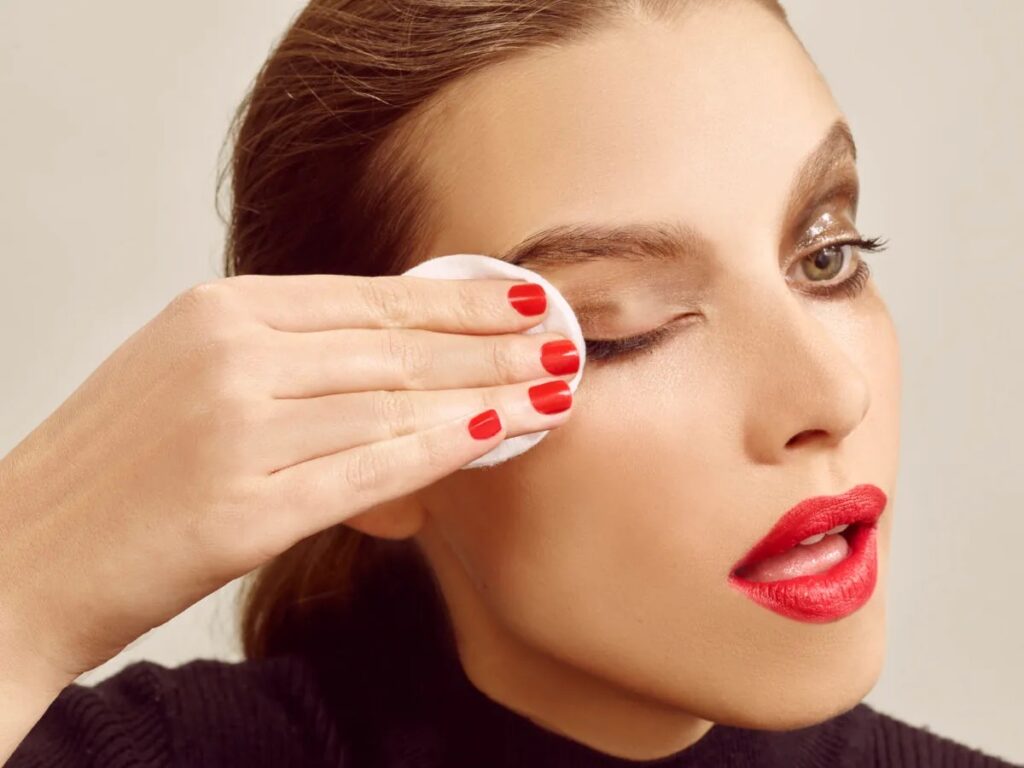At the end of a long day, the ritual of removing makeup can feel like a symbolic shedding of the layers we wear both physically and emotionally. Throughout the day, makeup can act as a shield, allowing us to project a certain image to the world—whether it’s confidence, professionalism, or beauty. But when the day comes to a close and we wipe away the foundation, eyeliner, and lipstick, it’s more than just a routine skincare practice. It can represent letting go of the stress, expectations, and emotions that have built up.

Psychologically, this process can be deeply soothing. Just as makeup helps us prepare to face the world, taking it off offers a return to our authentic selves. It’s an intimate moment of reconnection, where we strip away not just the cosmetics but also the emotional armor we’ve built throughout the day. This act of “rebirth” encourages emotional release and reset, allowing us to confront our natural face and, metaphorically, our true feelings.
Makeup removal can become a mindfulness ritual, a way to physically and mentally prepare for rest and recovery. The process itself is symbolic of cleansing the mind, helping to free us from the demands and tensions of the day, similar to the way meditation or deep breathing helps clear mental clutter.
As you remove your makeup tonight, consider: What emotional baggage are you ready to wash away along with it? How does reconnecting with your bare face help you reset emotionally?

In a sense, the act of taking off your makeup is a small act of self-care—reminding us that beauty isn’t just what we present to the world, but how we treat ourselves when no one else is watching.
